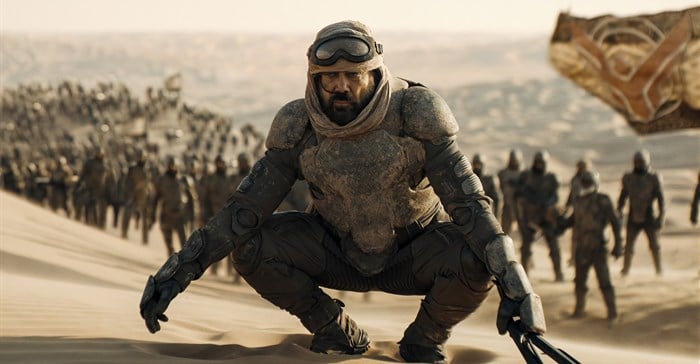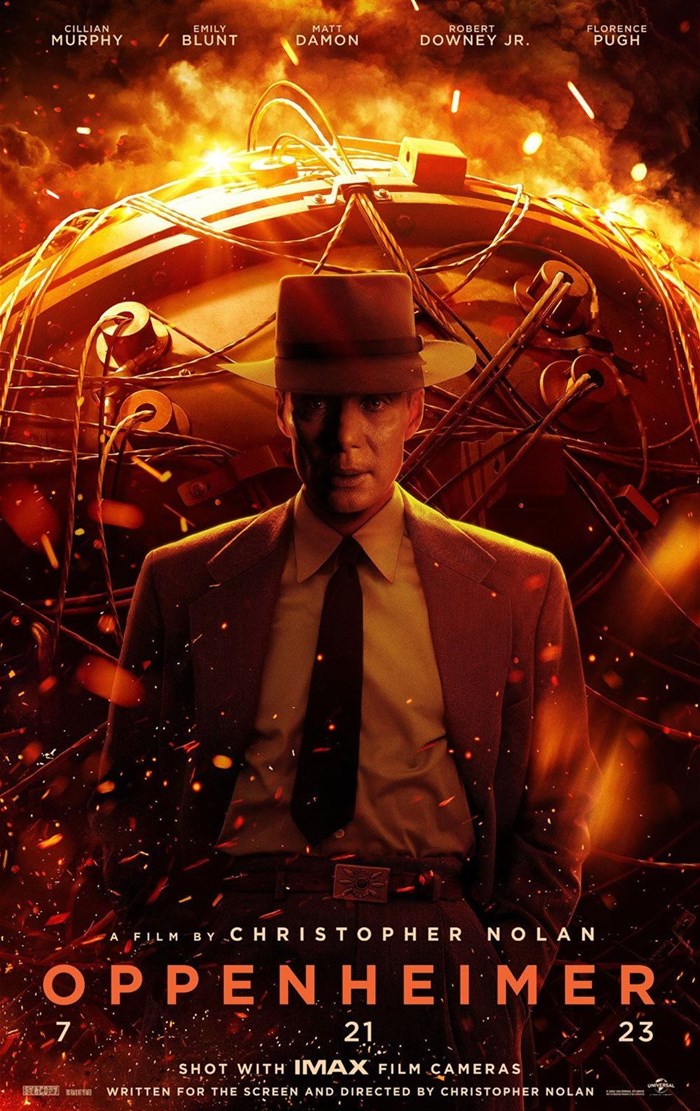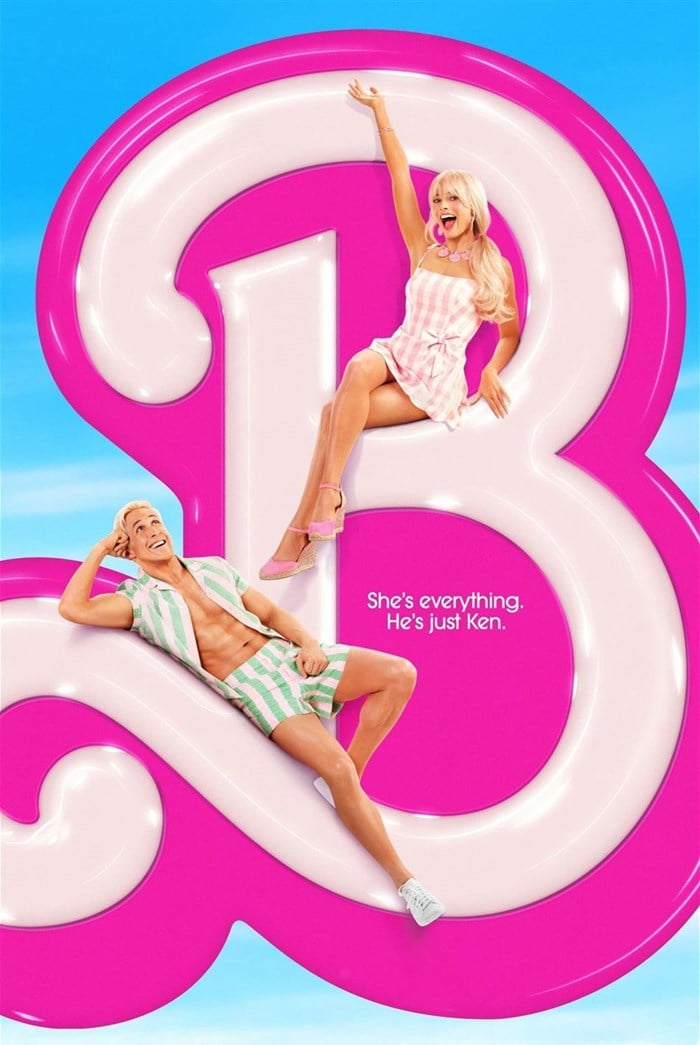Mattel’s Barbie as a brand, is a timeless cultural emblem that's captured the hearts and kindled the imaginations of many generations. The brand has also been at the heart of many dialogues concerning unrealistic beauty standards for women in our society.
Greta Gerwig’s fantasy comedy take on Barbie pushes the iconic doll into the limelight once more, ready to ignite new dreams and aspirations. I had no idea what to expect from this film and I was pleasantly surprised at how much fun Barbie is.
A case of capitalism
The film is woke as hell, in all the best ways possible, but at the same time, it’s a film produced by Mattel, the mega toy manufacturing company that produces Barbie dolls and makes a lot of money from the brand. Mattel does something that Disney did with She-Hulk and Netflix did with the recent season of Black Mirror; they're poking fun at their evil corporation image.
Like, hey, we know we’re sort of the bad guys, but what are we gonna do? A case of capitalism making money by poking fun at itself. Fittingly enough, the scenes that feature the Mattel CEO (played by a zany Will Ferrell) and his executives are the most unnecessary in Herwig’s Barbie. If you cut out the scenes featuring these characters, it wouldn’t take away anything significant from the film.
As I said, the film is fun and wholesomely woke. Barbie won't solve the problems of patriarchy or consumerism but it will make you think about them. And that is probably also where that will end but maybe that’s something. I could never have imagined a movie about Barbie having an existential crisis could be so much fun. Barbie is a meticulously crafted film. Every detail is a testament to the artistry of Greta Gerwig and her team.
The threads of womanhood, masculinity and ambition
The narrative is a captivating exploration of identity, intricately weaving the threads of womanhood, masculinity and ambition into the very fabric of Barbie's odyssey.
The central character is Margot Robbie’s Barbie. She’s stereotypical Barbie, a paragon of modern womanhood, for better or worse. Barbieland is awash in vibrant pink and all is seemingly well. Everything is perfect. Variations of Barbies, Kens and Allan live under a cheerful matriarchy. The Barbies have the most prestigious careers in Barbieland. They have all the political power and are doctors, lawyers, writers and physicists.
The Kens, meanwhile, spend their days at the beach. They have no skills applicable to contributing to society. Ryan Gosling’s Beach Ken is the quintessential Ken and is only happy when Stereotypical Barbie notices him but she barely takes note of him.
Though everything seems perfect in Barbieland, there are cracks in the foundation of their society. The Kens are unhappy but don’t know why and there’s a group of discontinued Barbie models, who are treated like outcasts due to their unconventional traits. Barbies like Kate McKinnon’s Weird Barbie (whom everyone calls Weird Barbie behind her back, but also to her face).
Things take a turn for the worse when Barbie starts having thoughts of death, develops bad breath, cellulite and flat feet. The problem seems to stem from our world, the real world. Thus Barbie embarks on a whirlwind adventure to our world to deal with her existential crises. In the real world, she meets America Ferrera’s Gloria, a Mattel employee who helps her, and Ariana Greenblatt as Sasha, Gloria's daughter.
Boasting a stellar cast that includes Issa Rae as President Barbie, Alexandra Shipp as Writer Barbie, Emma Mackey as Physicist Barbie, Simu Liu as Tourist Ken, Kingsley Ben-Adir as Basketball Ken, Ncuti Gatwa as Artist Ken, Michael Cera as Allan, and Helen Mirren as the narrator, Barbie's ensemble is nothing short of remarkable.
Yet, beneath the dazzling array of colours and camaraderie, Barbie's true triumph lies in its ability to transcend the cinematic realm. It unabashedly embraces the legacy of its iconic doll counterpart, extending a heartfelt invitation to audiences to embrace their unique narratives and chart unexplored paths.
The film radiates an ethos of empowerment, resonating with the very essence that has made Barbie an enduring emblem of aspiration. As the credits roll, one cannot help but be swept away by the resonance of Barbie's transformative voyage—a voyage that resounds with the mantra, “You can be anything.”










.png)





